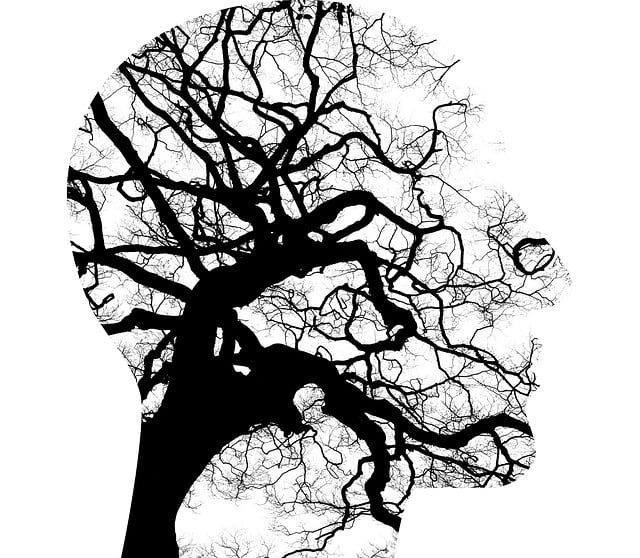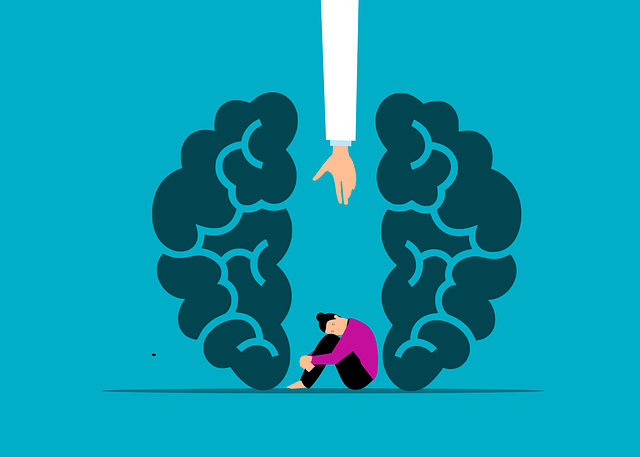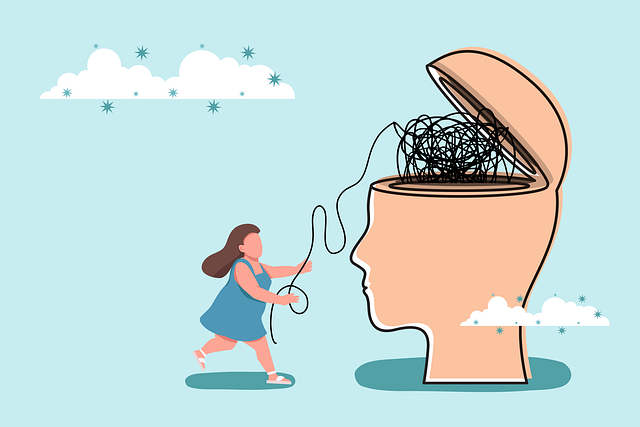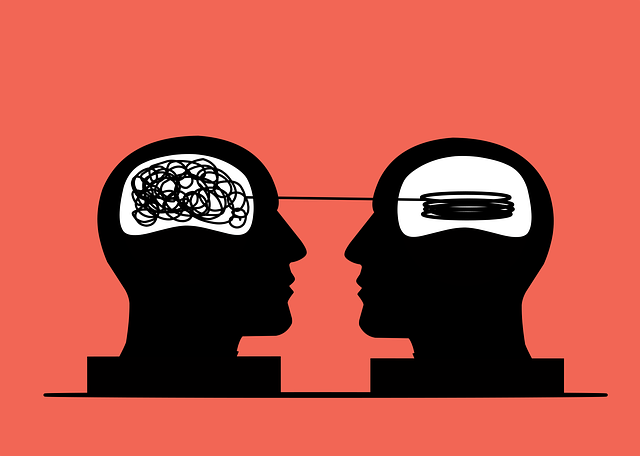Positive thinking is vital for children's development, and Cognitive Behavioral Therapy (CBT) offers a powerful approach. CBT teaches kids to reframe negative thoughts and practice mindfulness, enhancing their resilience and emotional intelligence. Through play-based activities, storytelling, and art projects, therapists can help children identify and change distorted thinking patterns, fostering inner strength. Parents and caregivers play a crucial role in implementing these exercises consistently, while tracking progress and celebrating success boosts self-esteem and confidence. CBT tools like empathy building and self-awareness exercises facilitate this process, helping kids embrace their abilities and maintain a positive outlook.
Positive thinking exercises can be a game-changer in fostering healthy mental development for children. This article explores the power of cognitive behavioral therapy (CBT) as a tool to enhance young minds and instill positive mindsets. We delve into strategies for designing effective exercises, offering practical guidance for parents and caregivers on implementation, and emphasize the importance of tracking progress. By embracing CBT techniques, you can guide children towards navigating challenges with resilience and cultivating lasting optimism.
- Understanding Positive Thinking and Its Impact on Children
- Cognitive Behavioral Therapy: A Powerful Tool for Young Minds
- Designing Effective Positive Thinking Exercises
- Implementing the Exercises: Strategies for Parents and Caregivers
- Tracking Progress and Celebrating Success: Nurturing a Positive Mindset
Understanding Positive Thinking and Its Impact on Children

Positive thinking is a powerful tool that can significantly shape a child’s development and overall well-being. When introduced at a young age, it becomes an essential part of their cognitive and emotional growth. Children, being naturally optimistic, can benefit greatly from understanding and practicing mind over matter principles. This involves teaching them to reframe negative thoughts into positive ones, fostering a healthier mental outlook.
Cognitive Behavioral Therapy (CBT) is one effective therapy for young children that focuses on just this process. By incorporating techniques like mindfulness meditation and conflict resolution skills, CBT helps kids recognize their thought patterns and gradually replace negative self-talk with more constructive and realistic thinking. These practices not only boost resilience but also enhance their ability to navigate challenging situations, ultimately improving their overall mental health and happiness.
Cognitive Behavioral Therapy: A Powerful Tool for Young Minds

Cognitive Behavioral Therapy (CBT) is a highly effective tool tailored to support and strengthen young minds. This therapeutic approach focuses on identifying and changing negative thought patterns, enabling children to develop inner strength and improve their overall mental well-being. By teaching them to recognize and challenge distorted thinking, CBT empowers young individuals to manage emotions and behaviors more effectively.
For therapy professionals working with this age group, incorporating CBT into their practice requires careful program design. Mental health education becomes pivotal, equipping both therapists and parents with the knowledge to recognize and address cognitive distortions early on. Moreover, risk management planning is essential to ensure a safe and supportive environment, fostering positive outcomes in young clients’ development of resilience and emotional intelligence.
Designing Effective Positive Thinking Exercises

Designing Effective Positive Thinking Exercises involves tailoring activities that cater to the cognitive and emotional development of young children. Cognitive Behavioral Therapy (CBT) techniques can be integrated into play-based therapies, storytelling sessions, or art projects to help kids identify and reframe negative thoughts. By creating a supportive environment where children feel safe to explore their emotions, therapists enable them to develop essential inner strength and resilience.
For healthcare providers looking to incorporate positive thinking exercises as burnout prevention strategies, it’s crucial to align activities with age-appropriate levels of complexity. Incorporating risk management planning for mental health professionals can help structure these exercises in a way that respects the child’s pace while encouraging progress. This not only fosters healthy coping mechanisms but also enhances overall well-being, making it a valuable component in any therapy program.
Implementing the Exercises: Strategies for Parents and Caregivers

Implementing positive thinking exercises with young children requires a strategic and consistent approach. Parents and caregivers play a pivotal role in fostering healthy mental habits from an early age. Start by incorporating simple activities that promote mindfulness and self-awareness, such as daily gratitude practices where children reflect on things they appreciate. This can be done through conversations or even visual aids like journals or charts.
For more structured therapy, consider Cognitive Behavioral Therapy (CBT) techniques tailored for kids. The Mind Over Matter principles, often explored in mental wellness coaching programs development and the popular Mental Wellness Podcast Series Production, can help children identify and challenge negative thoughts. By combining these strategies, parents can create a supportive environment that enhances mental wellness, making it an integral part of their child’s daily routine.
Tracking Progress and Celebrating Success: Nurturing a Positive Mindset

Tracking progress and celebrating success are integral components of fostering a positive mindset, especially for young children undergoing therapy. Regularly recording their achievements, no matter how small, provides tangible evidence of growth and improvement. This can be done through various means, such as keeping a journal or using simple charts to visualize goals. By doing so, children gain a deeper understanding of their capabilities and learn to appreciate their progress, enhancing self-esteem and confidence.
Cognitive Behavioral Therapy (CBT) offers powerful tools for tracking progress, emphasizing the connection between thoughts, feelings, and behaviors. Empathy building strategies, self-awareness exercises, and effective communication techniques play a pivotal role in this process. These methods encourage children to recognize their achievements, set realistic goals, and maintain a positive outlook, even in the face of challenges. Celebrating success, whether it’s mastering a new skill or overcoming anxiety, reinforces positive thinking patterns and motivates young individuals to embrace their abilities.
Positive thinking exercises, particularly when combined with cognitive behavioral therapy, can significantly impact a child’s mental health and overall well-being. By implementing these strategies, parents and caregivers can foster a nurturing environment that promotes resilience and a positive mindset in young minds. With consistent practice, these techniques have the potential to revolutionize how children navigate challenges, ultimately shaping their future success and happiness.














